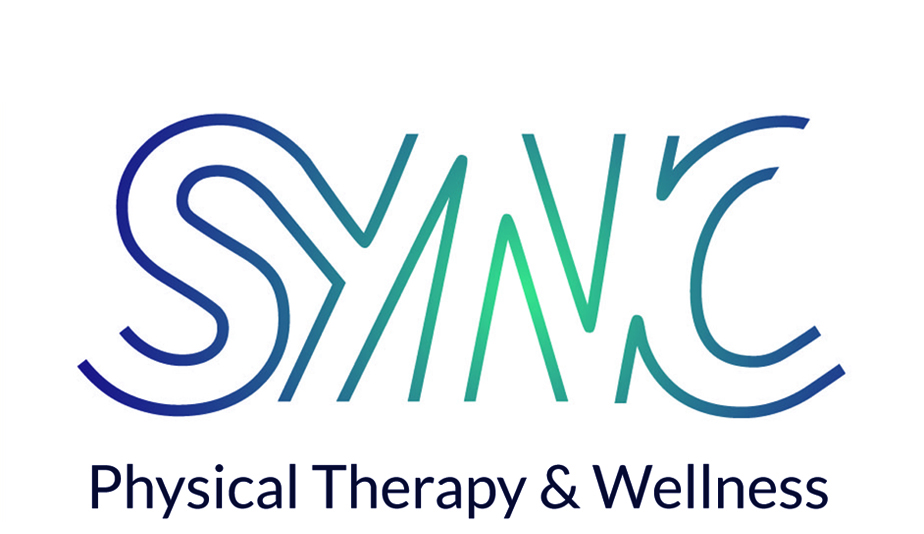I used to have nightmares about chocolate milk as a kid. No joke.
Add to that some significant adult-onset lactose intolerance, and the idea of using chocolate milk for recovery begins to look like the definition of "oxymoron."
But then there's... Science.
Studies show that drinks containing 1.5g of carbohydrate/kg of body weight are optimal for helping muscle restore its glycogen supply after intense exercise. Think of glycogen like your muscle's energy bank. It's a long sugar that can be broken down more quickly than having to wait for glucose to arrive at your muscle cells via your bloodstream. When you add protein, things get even better. In a study by Ferguson-Stegal et al, untrained people who supplemented with carbohydrate plus .6g protein/kg of body weight (aka Chocolate Milk) had better VO(2)max (a measure of aerobic capacity) and better body composition (lean vs. fat mass) after 5 weeks than those who supplemented with a carbohydrate-only drink. In addition, studies show longer time to exhaustion during a second bout of exercise 4 hours after the first in people who drank a beverage with both carbohydrate and protein.
Lucky for my gut, Science also says to read closely. There are a lot of factors here pushing *against* a one-size-fits-all conclusion. First, the study was small (32 subjects). Would we still see the same effects in 1000 people? Second, do these supplementation benefits generalize to other forms of exercise? I would expect my nutritional needs to differ depending on whether the hour was spent playing soccer or doing yoga.
Third, why milk? Studies show it is equivalent to off-the-shelf protein supplements as far as prevention of muscle damage goes. Some authors stipulate that it may be a more readily available, lower cost alternative to such supplements. At just over 1/2 gallon of milk per day for a 130lb person, though, I question this conclusion. I have yet to find a definitive cost-benefit analysis in favor of either, and frankly, milk just isn't for everyone. Too much milk may even be bad for your bones. The general consensus is that replenishing your body with adequate fluid and a 3:1 ratio of carbs to protein in 2 bouts (immediately post-exercise, then again 1-2 hours later) is ideal for recovery. There are plenty of ways to achieve this without resorting to either electric blue powders or a gallon of the brown stuff. I will often pack a snack of water, fruit and a handful of almonds to carry me from the gym to home, where I can get in a more substantial post-workout meal.
The truth is that we are each our own experiment. Things like the Chocolate Milk study are great as educated guesses in our search to find what works (or doesn't work) for us. When in doubt, it's always best to consult a doctor or a sports nutritionist. If you've hit a plateau and changing up your nutritional plan isn't helping, you may be making a training error. In that case, a personal trainer can be helpful to identify what elements of your routine need updating.
*Questions? Feel free to comment below. And keep your eyes peeled for the next installment... Why Chocolate??
Sources:
http://www.nsca.com/Education/Articles/Hot-Topic-Post-Exercise-Carbohydrate-and-Protein-Supplementation/
http://www.ncbi.nlm.nih.gov/pubmed/21773022
http://www.huffingtonpost.com/2014/05/19/is-milk-bad-for-you_n_5311851.html
http://www.hsph.harvard.edu/nutritionsource/calcium-full-story/


